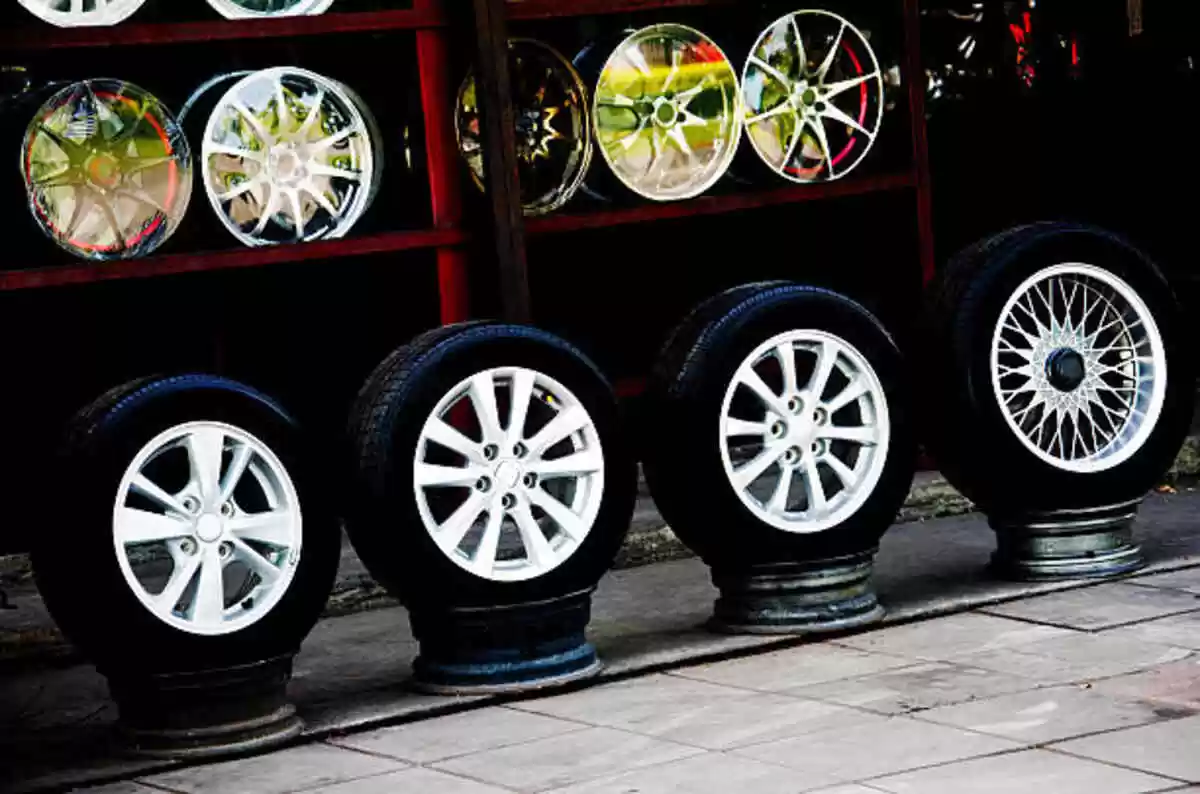The crossover, codenamed K1, will be built in Leipzig starting from the middle of the decade.
The model will also incorporate technology from the Mission R presented last year at the IAA in Munich, Porsche said.
In addition to a new high-performance battery, the Mission R also had a 920-volt electrical system designed to reduce charging times.
The K1 will also include the direct oil-cooled electric motor found in the Mission R.
The Taycan’s success has already shown that customers are willing to spend more money on electric cars, Blume said.
In November, dealer sources told Automotive News about Porsche’s plans for the crossover, saying the vehicle is slated to arrive in the second half of the decade and could offer three rows of seating — a first for a Porsche. At the time the automaker declined to comment on the model.
Porsche aims for 80 percent of its global vehicle sales to be full electric by 2030.
“We are pushing ahead with our electric offensive: by the middle of the decade, we want to offer our 718 mid-engine sports car exclusively in all-electric form,” Blume said on Monday.
Blume confirmed that the electric Macan will apparently be delayed longer than previously stated.
The Macan and its sister model, the Audi Q6 e-tron, were scheduled to launch next year but have been delayed because new advanced software for the vehicles being developed by parent Volkswagen Group is behind schedule, sources have said.
Blume said the electric Macan’s market launch will now be in 2024.





